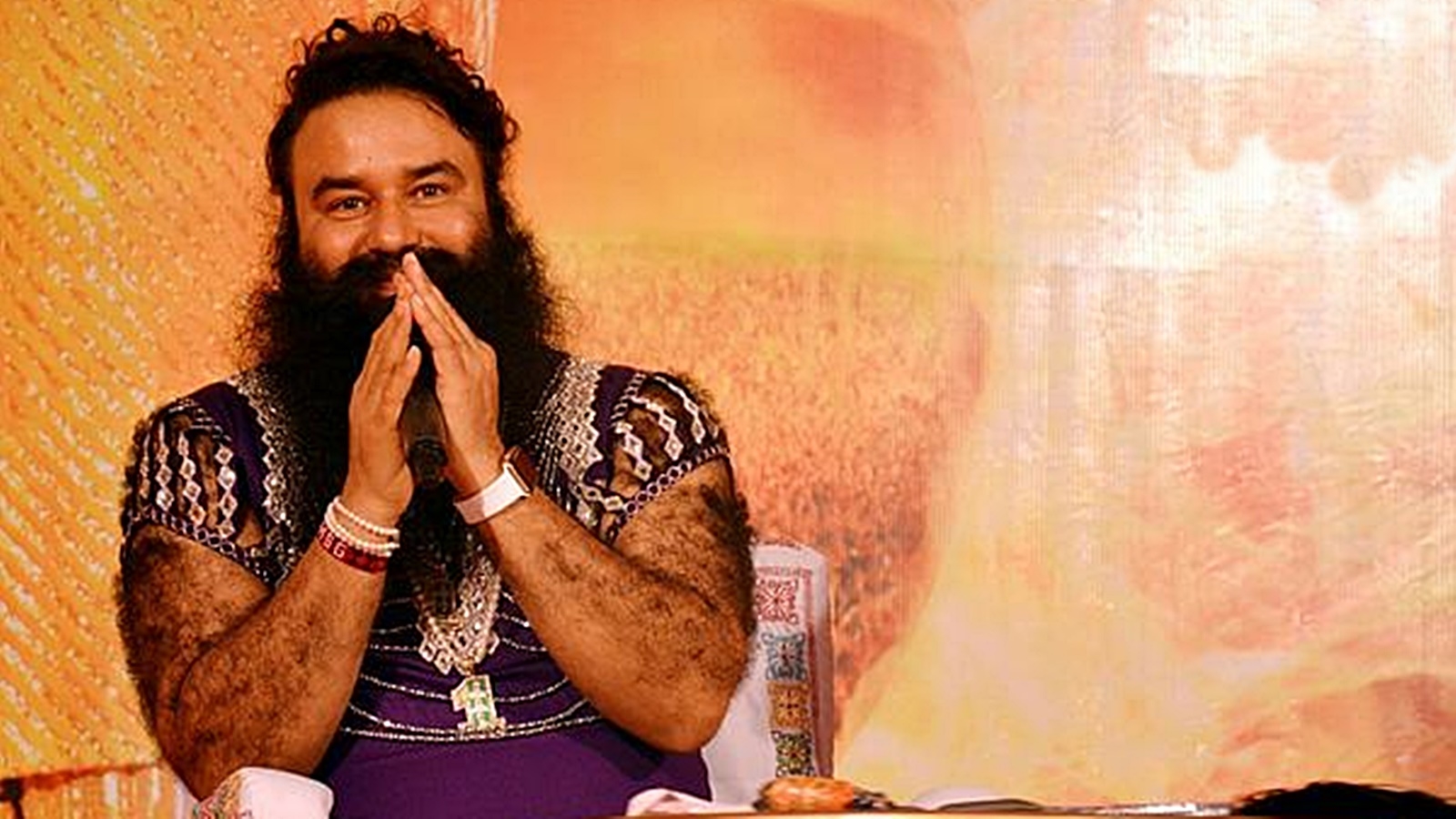With the election season returning to north India, the controversial self-styled godman, Gurmeet Ram Rahim, was once again out on parole, sparking fresh debates about ties between religious leaders and the country’s political structures. While figures like Ram Rahim and organisations like Dera Sacha Sauda dominate headlines, there is little understanding of the broader, localised culture of religious leaders operating in India’s villages. In contrast to the grand scale of leaders like Ram Rahim, our research across Punjab reveals a vast network of smaller, lesser-known spiritual leaders and deras influencing thousands of villages. These local institutions, though less visible in the media, significantly shape the lives of the communities they serve.
Unrecognised by Sikhism and often seen as “deviant” movements, deras are alternative religious organisations following their own doctrines and traditions. A typical rural dera is a highly localised institution whose core identity is tied to a living spiritual leader. Contrary to the image of deras as massive institutions with large followings, most rural deras are far more modest. Our survey of 670 villages revealed that three-quarters of these deras are stand-alone entities. While larger deras like Dera Sacha Sauda boast expansive networks across India and abroad, most smaller deras limit their influence to a single village or a cluster of nearby villages. Historically, the roots of many of these deras can be traced back to the development of Sikhism which was accompanied by the rise of alternative religious sects. Some deras even draw inspiration from traditions predating Sikhism, and over time, many have aligned themselves with marginalised communities. However, our research focuses less on these historical aspects and more on the contemporary role of deras in local governance.
Once established, religious institutions like deras naturally seek to retain and grow their social influence. Beyond boosting their own status, this influence helps them attract donors and sustain their operations. One key way they maintain this influence is by offering non-religious services in addition to spiritual guidance. Several studies have documented how religious institutions can transcend their spiritual origins and play a broader role in community welfare. Anecdotally, deras, through their services like in healthcare, education and social support, have become important local actors.
Our research aims to understand how deras influence public service provision by the state. In our view, this interaction can occur through three distinct pathways.
First, in regions with weak state capacity, deras may step in to provide necessary services. However, this can undermine the state’s role in governance, as deras take over the state’s responsibilities. Second, as witnessed during the pandemic, deras can work alongside the government to complement and enhance the delivery of public services, thus strengthening the state’s capacity. Third, the mere presence of organisations like deras might influence governance, even if they are not directly involved in service provision. Their existence could make local politicians feel insecure about their standing, prompting them to be more proactive in delivering services. Additionally, deras may stimulate local economic activity, attracting more public services and investment.
To explore some of these dynamics, we conducted a study in Punjab, documenting the presence of small deras across nearly half of the state’s 13,000 villages. This study, complemented by telephonic surveys with village officials in 10-15 per cent of the surveyed villages, provided us with quantitative and qualitative insights into the role of these institutions.
We find that, on average, the presence of a dera in a village is associated with improved access to public goods in that village. Interestingly, their impact is most pronounced on services managed by state and district governments, while their influence on services overseen by local panchayats appears negligible. While this may seem puzzling at first, it is not entirely surprising. One possible explanation is that deras and their leaders may focus on issues that require coordination with higher levels of government, allowing them to appear more influential than local village politicians and officials. Additionally, deras might find greater incentives in intervening in resource-heavy sectors such as healthcare and education, which typically fall under the jurisdiction of state governments.
The next question is how deras achieve this position of influence. Our research highlights two potential explanations. First, deras appear to engage in informal financial arrangements with the state, providing resources to support public services. Second, they often act as intermediaries, coordinating with state actors to communicate local needs. For instance, a wealthier dera might contribute partial funding to build a school, while a smaller dera may focus on conveying the community’s needs to state officials, effectively serving as an aggregator of local preferences.
What do these findings mean for governance and democracy? The answer is not straightforward. Religious organisations and alternative movements like deras undeniably play a significant role in society, often beyond just the realm of spirituality. However, there are risks involved. While deras seem to improve access to public services, their influence raises concerns about accountability. Their positive impact largely stems from informal, opaque arrangements with governments, which are not governed by formal contracts or legal obligations. This engagement can easily blur the line between the institutions of the state and religion. As such organisations become more influential, it becomes difficult to fix accountability in case of wrongdoings.
While the positive contributions of these organisations are commendable, a more ideal scenario might be one where the efficacy of governance does not depend on interventions by religious institutions. This shift wouldn’t necessarily reduce the role of such organisations, but could encourage them to focus on areas where they can make a meaningful impact without undermining the state’s functions. For instance, efforts by deras to combat substance abuse in Punjab represent a valuable contribution.
Batra is a postdoc researcher, Centre for Effective Governance of Indian States and Prabhakar is PhD scholar, University of Virginia



